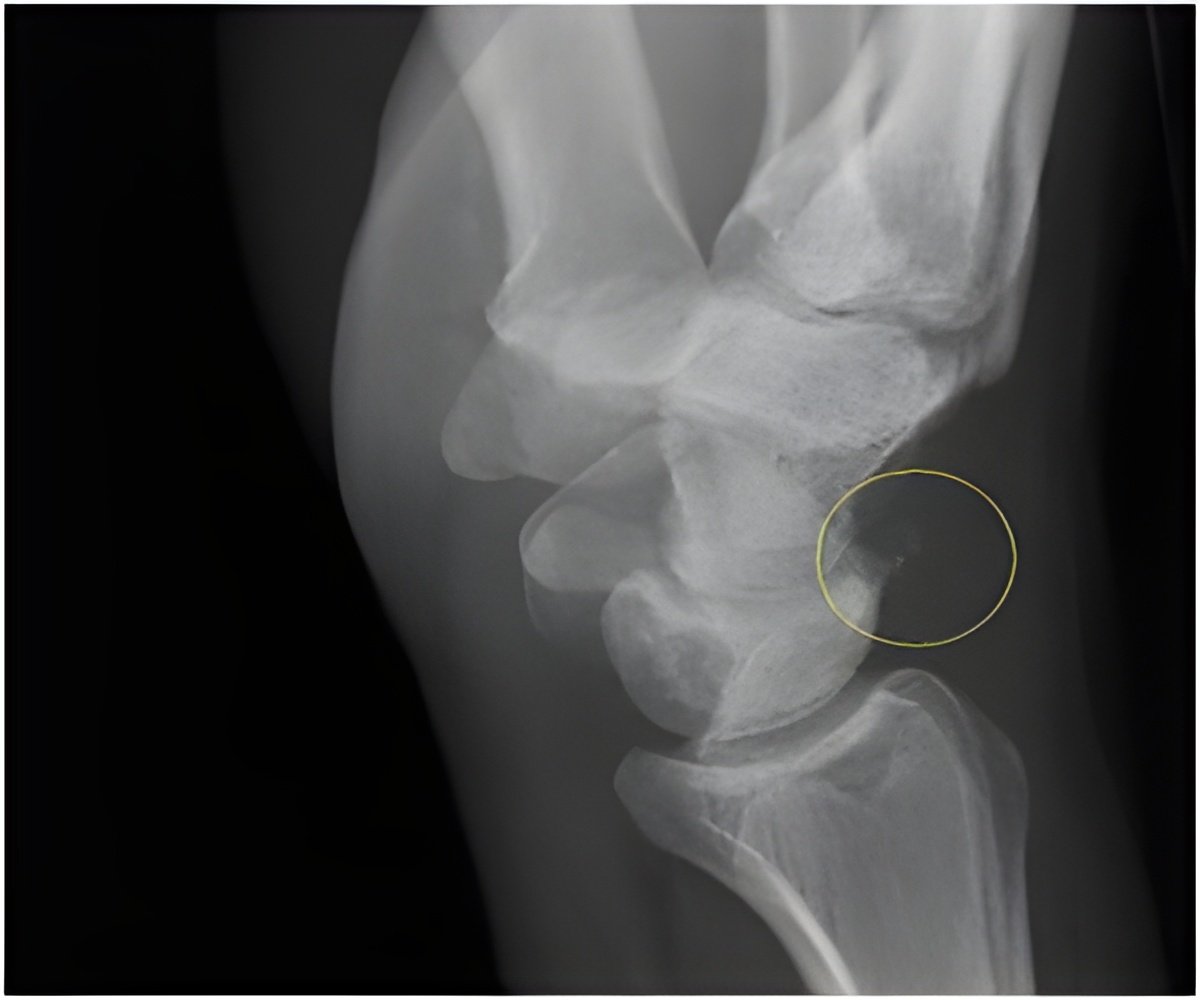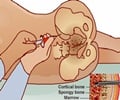Studies of bone marrow reconstitution rely on having immunocompromised mice, which are created by inactivating the genes that would allow them to recognize and attack donor cells.

Alejandro Ferrer, Adam Schrum, and Diana Gil, College of Medicine, Mayo Clinic (Rochester, MN), designed a simple method for identifying mice with specific gene deletions or replacements, using a DNA amplification technique called polymerase chain reaction, or PCR. They describe the use of this approach in the article "A PCR-Based Method to Genotype Mice Knocked Out for All Four CD3 Subunits, the Standard Recipient Strain for Retrogenic TCR/CD3 Bone Marrow Reconstitution Technology."
"This technical report describes for the first time a simple PCR-based screen to identify TCR/CD3 knockout mice," says BioResearch Open Access Editor Jane Taylor, PhD, MRC Centre for Regenerative Medicine, University of Edinburgh, Scotland. "This rapid method will provide a valuable tool for all researchers using TCR/CD3 retrogenesis."
Source-Eurekalert















